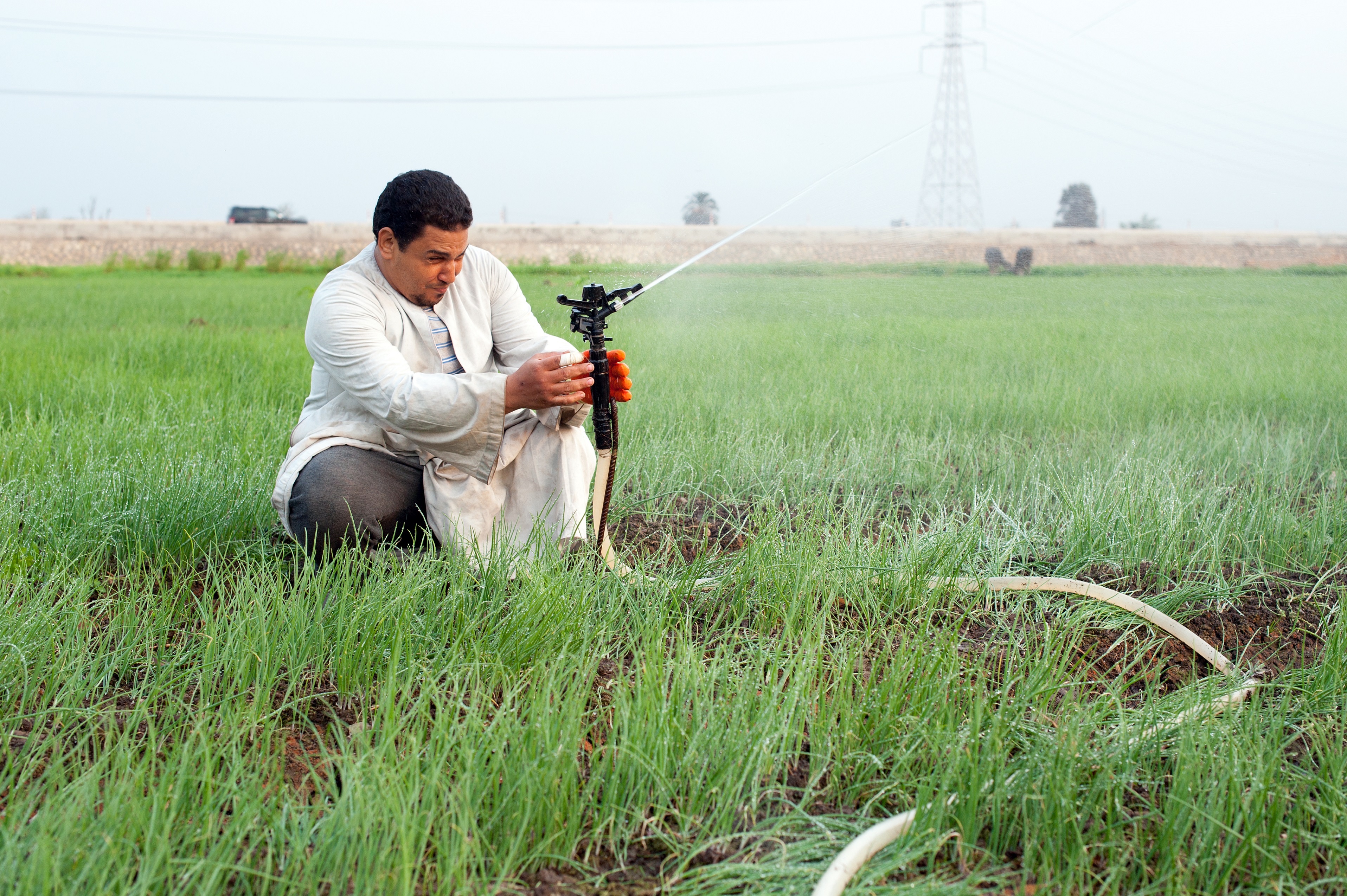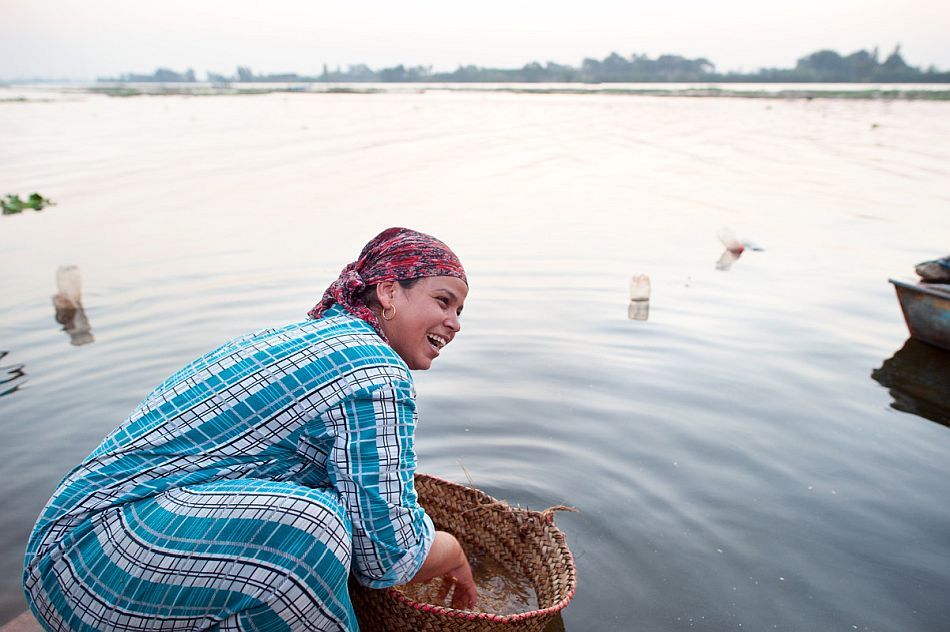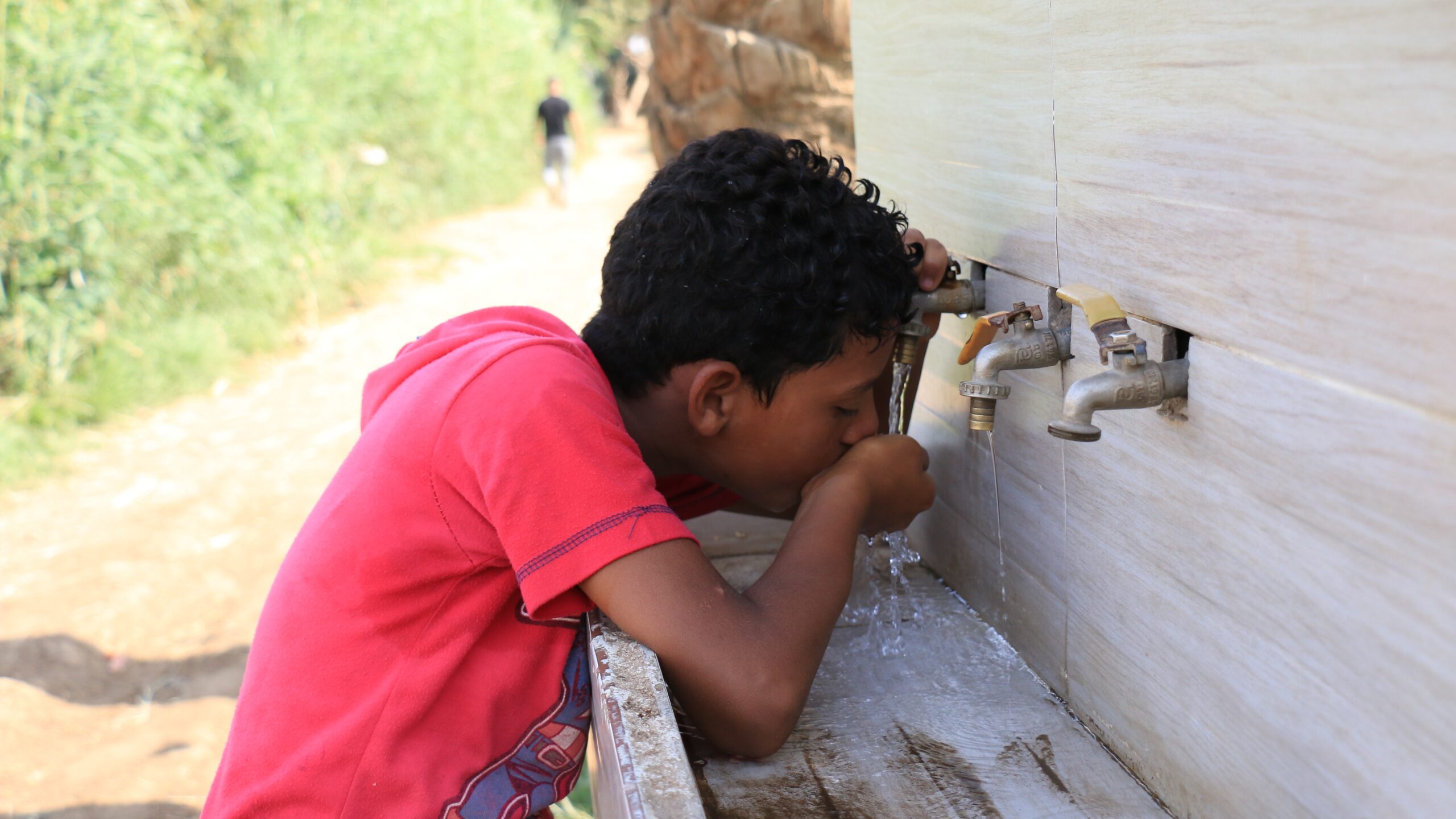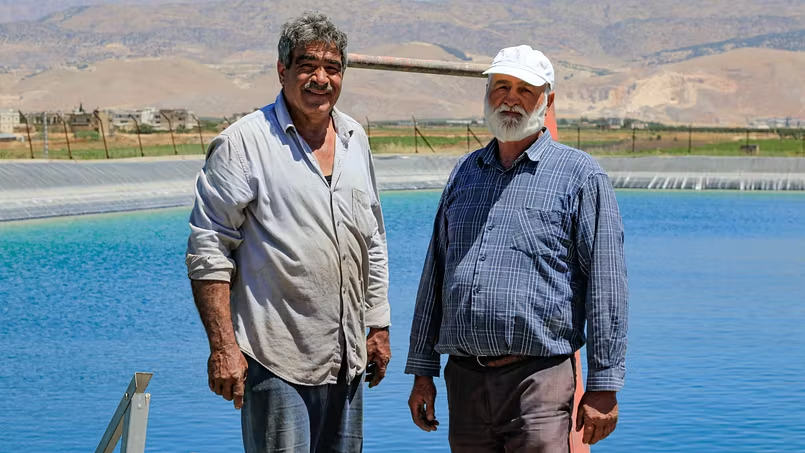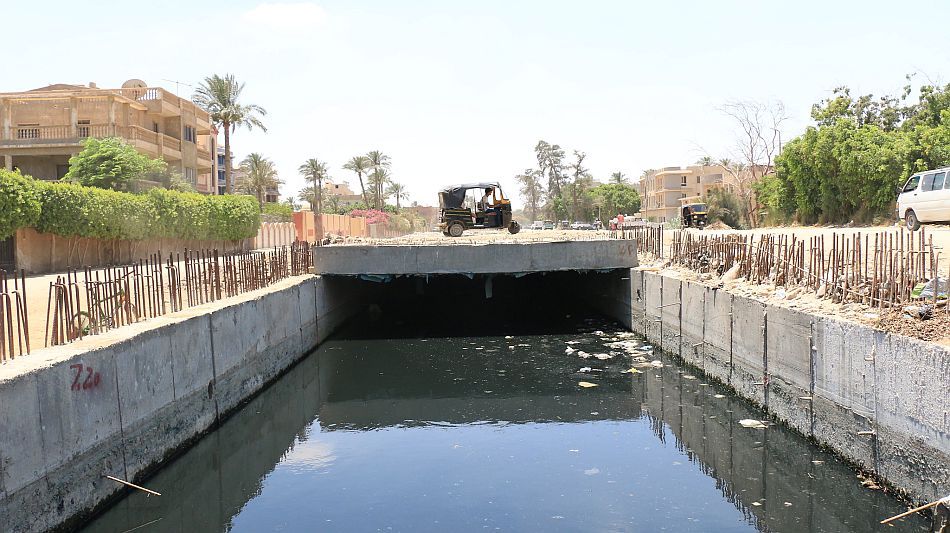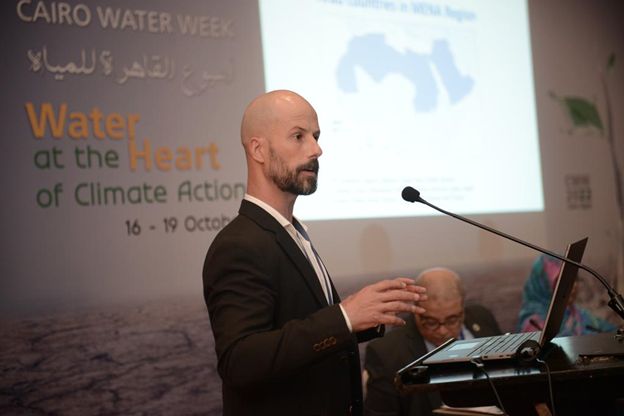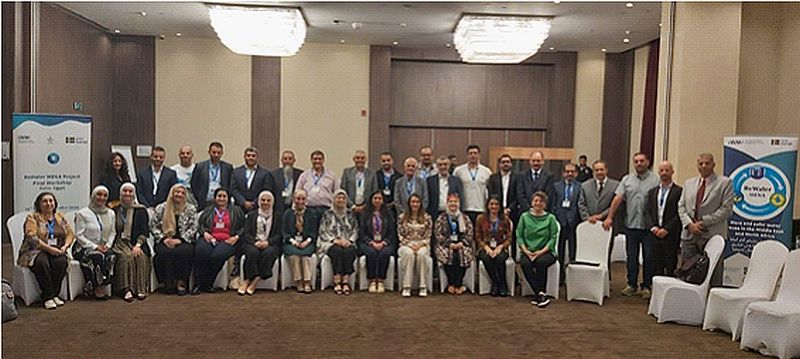About ReWaterMENA
In many parts of the world, water scarcity is a growing challenge as demand continues to rise. Smart water reuse offers a promising solution. One promising solution lies in the smart reuse of water. Water used in cities can be treated and repurposed for agriculture, industry and landscaping, creating benefits across sectors while conserving precious resources.
The ReWaterMENA program of International Water Management Institute (IWMI) is aimed at ensuring more and safer water reuse in Middle East and North Africa (MENA). This program is addressing barriers to water reuse in the region, while providing innovative technological solutions and building capacities of stakeholders for lasting impacts.
Drawing on IWMI’s decades of experience in water reuse, the ReWaterMENA program is positioned to lead the transformation of water reuse practices in the MENA region and beyond.

